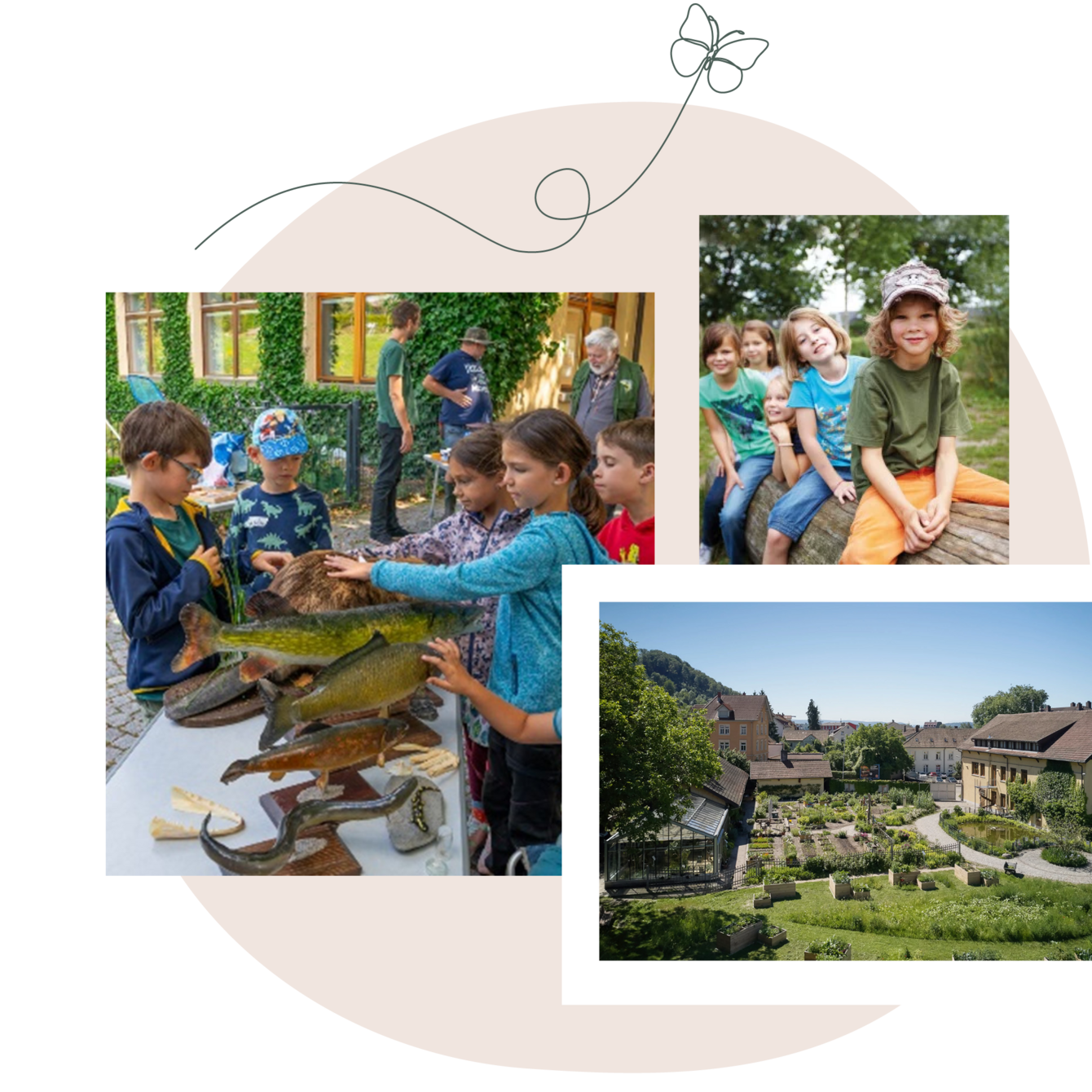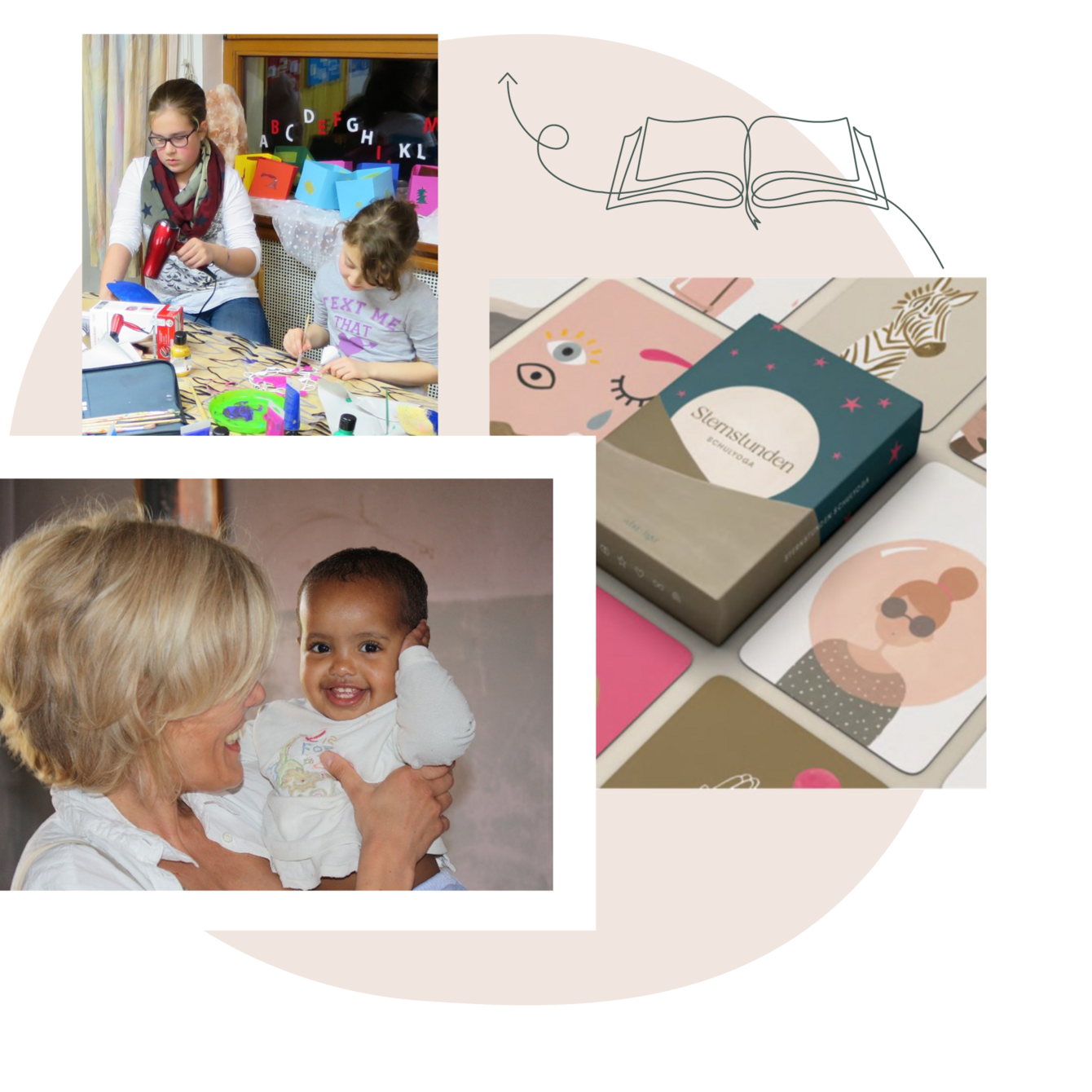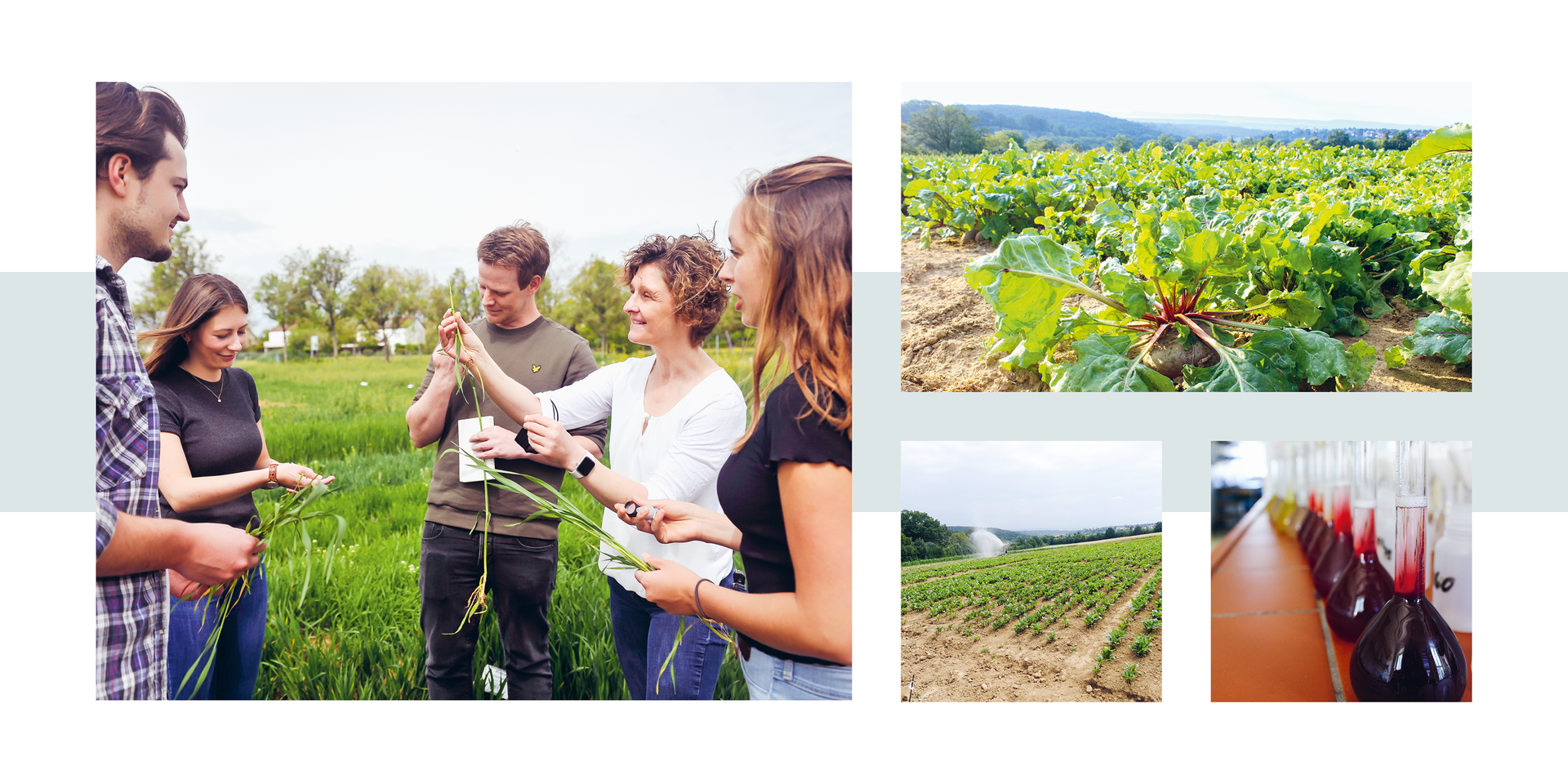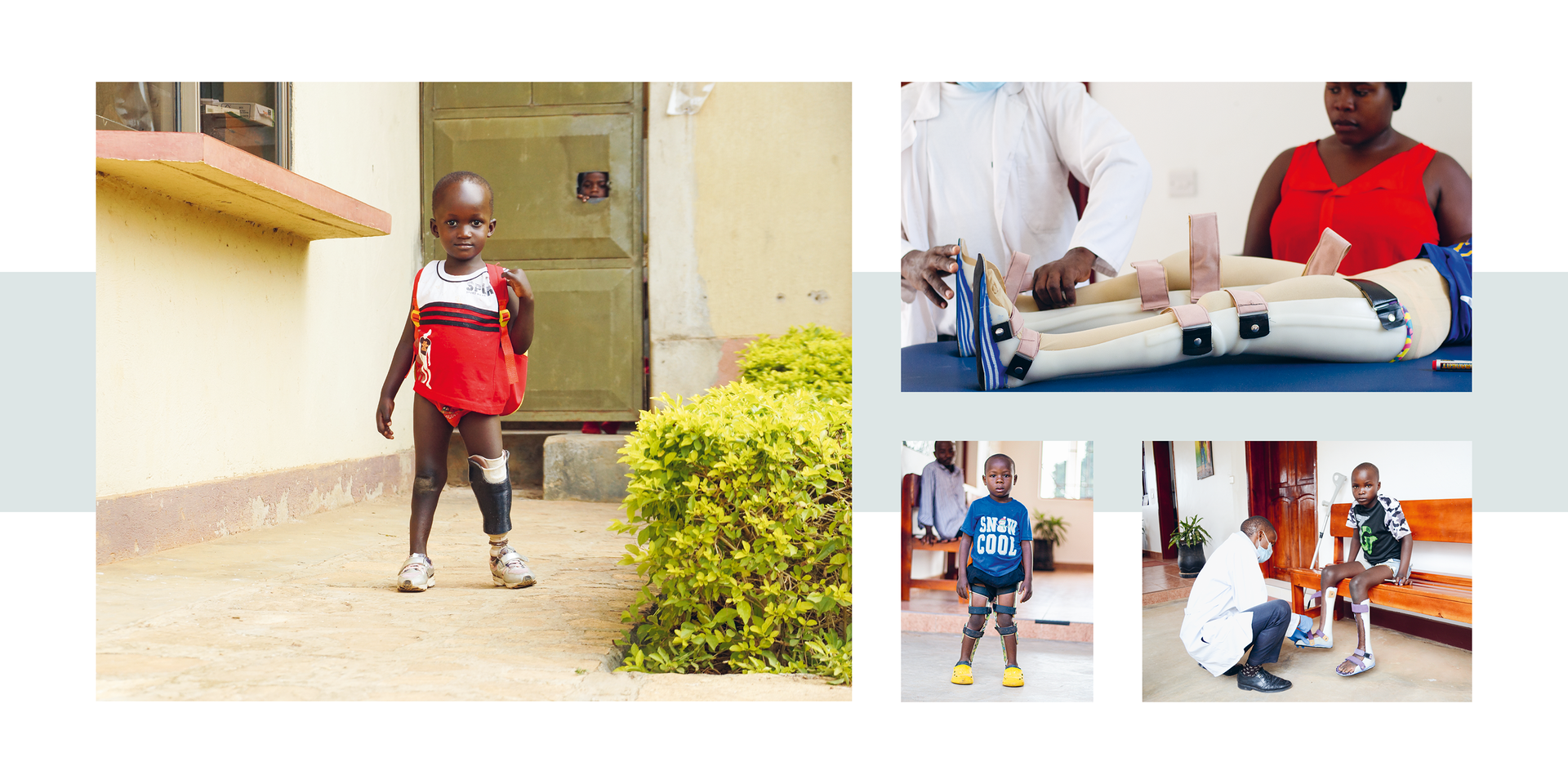Foundations
Charitable commitment is firmly anchored in the corporate structure of Sedus Stoll AG, as the company is majority-owned by two foundations, the Stoll VITA Foundation in Waldshut and the Karl Bröcker Foundation in Lippstadt.
Charitable commitment is firmly anchored in the corporate structure of Sedus Stoll AG, as the company is majority-owned by two foundations, the Stoll VITA Foundation in Waldshut and the Karl Bröcker Foundation in Lippstadt.


The two foundations are intended to uphold the entrepreneurial independence of Sedus Stoll AG and pursue philanthropic aims. As a leading industrial company, Sedus plays a key role in the development and production of high-quality, innovative and versatile furnishing solutions and concepts. This commitment reflects our close ties to the foundations and underlines our endeavours to create future-oriented working environments.
The Stoll VITA Foundation promotes scientific research, public healthcare, education, environmental protection and nature conservation in accordance with the founders' wishes.
“In the long term, successful entrepreneurial activity always requires value-orientated roots.”
By starting the foundation, Emma and Christof Stoll intended, on the one hand, to regulate the company succession of the then Christof Stoll GmbH & Co. KG, now Sedus Stoll AG. On the other hand, they also wished their lifelong commitment and attitude to life to be continued in an organisationally independent, charitable institution. Their main objectives were to promote holistic medicine, a healthy diet, environmental protection and nature conservation.

Founders
Emma Stoll (†2010) und Christof Stoll (†2003)
Established:
March 8, 1985
Board of the foundation:
Adelheid Kummle (Chairperson)
Heinrich Lachenmaier (Deputy Chairperson)
Dr. Klaus Eisele
Assets and returns:
The assets of the foundation consist primarily of the majority shareholding in Sedus Stoll AG, which the founders transferred to the foundation as a gift during their lifetime. The foundation finances its activities from the company dividends.
Office:
Stoll VITA Foundation, Brückenstraße 15, D-79761 Waldshut
The Karl Bröcker Foundation primarily supports educational projects as well as medical and therapeutic projects and facilities for children in Germany and abroad.
“Children are the future and yet there are many children and young people without opportunities for a free life, safety, health and education. Helping them is the goal and mission.”
The purpose of the foundation is to promote youth welfare, including the respective caregivers, and public health, to support persons who fulfil the requirements of Section 53 of the German Fiscal Code, and to raise funds for charitable institutions that pursue a similar purpose.

Founder:
Renate Bröcker (†1998)
Establishment:
January 26, 1999
Chairperson of the foundation:
Susanne Brandherm
Advisory Board:
Werner Blanke
Carsten Walter
Andrea Wisk
Andreas Gausmann
Assets and returns:
The foundation's assets consist of the shareholding in Sedus Stoll AG and various investments..
Office:
Karl Bröcker Foundation, Lipperoder Straße 11, D-59555 Lippstadt

When young people end up on the streets, being homeless is often not the only problem – they are also without support, without trust, without hope. With the "#dranbleiben" project, the association "Straßenkinder e. V." provides outreach for young people in their own environment: experiencing crisis, trapped in a downward spiral, often in seemingly hopeless life situations.
The aim of the association is to get street children off the streets as quickly as possible and reintegrate them into society. But prevention measures, support through learning opportunities and the integration of refugees are also part of their approach. The Karl Bröcker Foundation supports the #dranbleiben project because it serves as a prime example of the Foundation's purpose: to open up life prospects for young people where systems often fail.

Beetroot is rich in vitamins B, C, potassium, magnesium, zinc, selenium and iron, has a blood-purifying effect, deacidifies the organism and has a positive effect on the metabolism. The secondary plant substances support the immune system and have an anti-inflammatory effect. But what effects do the different cultivation methods and fertilisers have on the nutritionally relevant ingredients?
These and many other questions were investigated in the research project "Multitalent Beetroot" at the University of Hohenheim, which was funded by the Stoll VITA Foundation. The funding has provided relevant insights into the organic cultivation and utilisation of beetroot in various food products.

Due to illness, war injuries and accidents, many people in developing countries such as Uganda are affected by amputations and can no longer walk independently. Children lose their access to education, adults become unable to work. In many cases, social exclusion follows.
The non-profit association "Pro Uganda e. V." gives amputees in Uganda a new quality of life through prosthetics and enables children to walk again through the individual production of orthotic devices. The work of the association guides people on a pathway out of isolation and back to social normality. The Karl Bröcker Foundation provides financial support for Pro Uganda e. V. to supply orthopaedic aids for children and young people.
As a globally networked company, Sedus sets high standards and has them verified by external organisations.
